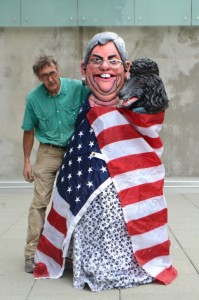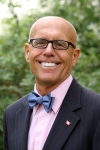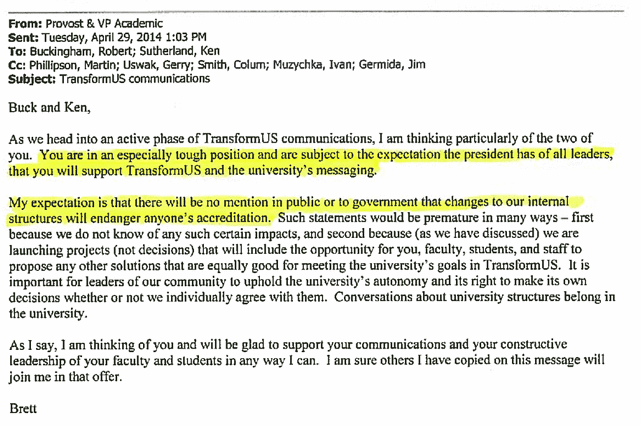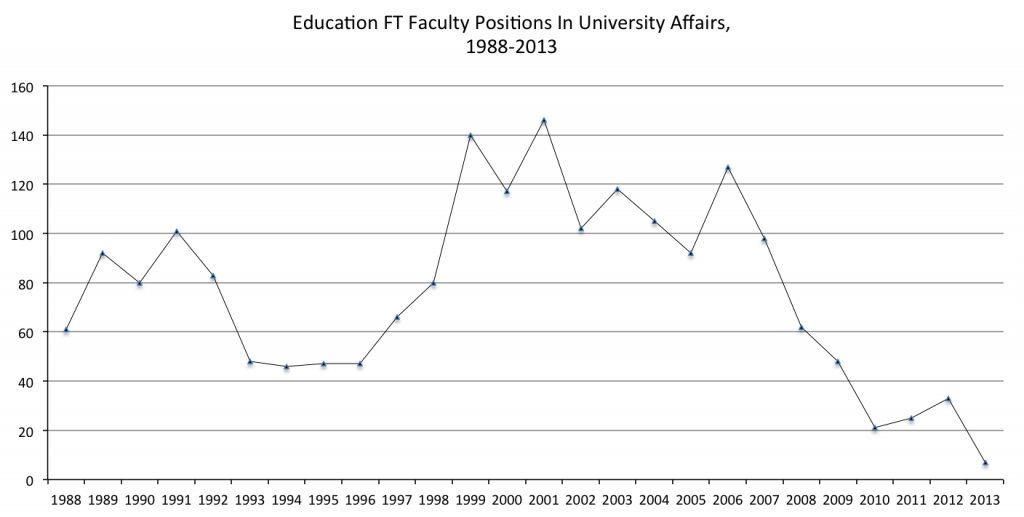Paul Street, Truthout, January 25, 2015– Review of Peter McLaren, Life in Schools: An Introduction to Critical Pedagogy and the Foundations of Education, 6th Edition (Boulder, CO: Paradigm Publishers, 2014):
“School reform” has a very bad reputation among left thinkers and activists for some very good reasons in the neoliberal era. Captive to corporate-backed school privatization activists, contemporary “school reform” sets public schools, teachers, and teacher unions up to fail by blaming them for low student standardized test scores that are all-too unmentionably the product of students’ low socioeconomic status and related racial and ethnic oppression. Its obsession with test scores assaults imagination and critical thinking, narrowing curriculum and classroom experience around the lifeless task of filling in the correct bubbles beneath droves of authoritarian multiple-“choice” questions crafted in distant, sociopathic corporate cubicles. Students become passive recipients of strictly limited information deposited into their brains by teachers who “are prevented from taking risks and designing their own lessons as the pressure to produce high test scores produces highly scripted and regimented” pedagogy, wherein “worksheets become a substitute for critical teaching and rote memorization takes the place of in-depth thinking” (Henry Giroux). Pupils are rendered incapable of morally and politically challenging – and envisaging alternatives to – the terrible conditions they face under contemporary state capitalism and related oppression structures outside and inside schools.
Much if not most of what passes for school reform is really about public school destruction, corporate takeover, slashing teachers’ salaries and benefits, and undermining students and citizens’ ability to question a system that has been concentrating ever more wealth and power into elite hands for more than a generation. It is deeply (and by no means just coincidentally) consistent with the late comedian George Carlin’s 2005 rant about what “the big wealthy business interests that control everything…don’t want. They don’t want a population of citizens capable of critical thinking.” As Carlin elaborated:
“They don’t want well-informed, well-educated people…who are smart enough to, figure out how badly they’re getting fucked by a system that threw them overboard 30 fucking years ago. You know what they want? Obedient workers people who are just smart enough to run the machines and do the paperwork but just dumb enough to passively accept all these increasingly shittier jobs with the lower pay, the longer hours, reduced benefits, the end of overtime and the vanishing pension that disappears the minute you go to collect it.”
But what if “school reform” meant the empowerment of radically democratic educators who sought the opposite what Carlin’s business owners want – and more? What if those teachers were dedicated to helping future citizens and workers become sufficiently smart, inspired, confident, courageous, loving and solidaristic, not only to understand what the capitalist owners and their coordinators are doing to society and life itself, but also to resist those elites and to create an egalitarian, democratic, sustainable, peaceful, and truly human world turned upside down? Such teachers wouldn’t think that schools could bring about such a revolutionary transformation on their own. They would, however, understand “how,” in the leading left educational and social critic Peter McLaren’s words, “schools are implicated in social reproduction…how schools perpetuate or reproduce the social relationships and attitudes needed to sustain the existing dominant economic and class relations of the larger society.” Determined to interrupt and overturn that deadly reproduction, they would grasp the “partial autonomy of the school culture” and the necessity of occupying that space as “a vehicle for political activism and creating a praxis of social equality, economic justice, and gender equality” (Life in Schools, 150).
That is the goal behind McLaren’s classic text Life in Schools: An Introduction to Critical Pedagogy and the Foundations of Education, recently updated for the Obama era in a sixth edition. “We are living,” McLaren writes near the end of Life in Schools:
“…in what Antonio Gramsci called a war of position – a struggle to unify diverse social movements in our collective efforts to resist global capitalism – in order to wage what he called a war of maneuver (a concerted effort to challenge and transform the state, to create an alternative matrix for society other than value). Part of our war of position is taking place in our schools. Schools form part of Gramsci’s integral state as a government-coercive apparatus and an apparatus of political and cultural hegemony that continually needs to be renewed in order to secure the assent of the dominant group’s agenda.” (Life in Schools, 245-46).
Life in Schools is (among other things) a sprawling, many-sided, and brilliant manual of theory, history, and practice for teachers, teachers-in-training, and current and future education professors ready to enlist in that “war of position.” The stakes, McLaren reminds us (like his colleague and ally Giroux [1]), are not small:
“Today, amidst the most powerful conglomeration of cultural, political, and economic power aver assembled in history…we have seen our humanity swept away like a child’s sigh in a tornado…The marble pillars of democracy have crashed around our heads, leaving us ensepulchered in a graveyard of empty dreams… The omnicidal regimes of our Anthropocene Era have brutalized our planet to the point of bringing ecosystems and the energies of evolution and speciation to the point of devastation and Homo Sapiens to the brink of extinction….Time is running out quickly. We are being chased to by the hounds of both heaven and hell ‘with all deliberate speed’ and we are being continually outflanked.” (xxi, 259, 261)
Building on stories from his early years as what he considers a rather naïve liberal teacher in an inner-city Toronto school, McLaren takes his readers on a long and loving trip from his years in the classroom (Life in Schools contains a previously published journal [titled Cries From the Corridor] in which McLaren recorded his teaching experience prior to his engagement with radical theory) through the theory of revolutionary critical pedagogy; the roles that mainstream schools and educational doctrine play in subjugating working class and minority students; the structures and ideologies of contemporary oppression and inequality (class, race, gender, ethnicity, and empire); and methods for teachers to instill students with confidence, hope and capacity for resistance and solidarity.
Read More: Truthout

 Follow
Follow

 THE CASE OF THE MISSING SCULPTURE
THE CASE OF THE MISSING SCULPTURE

